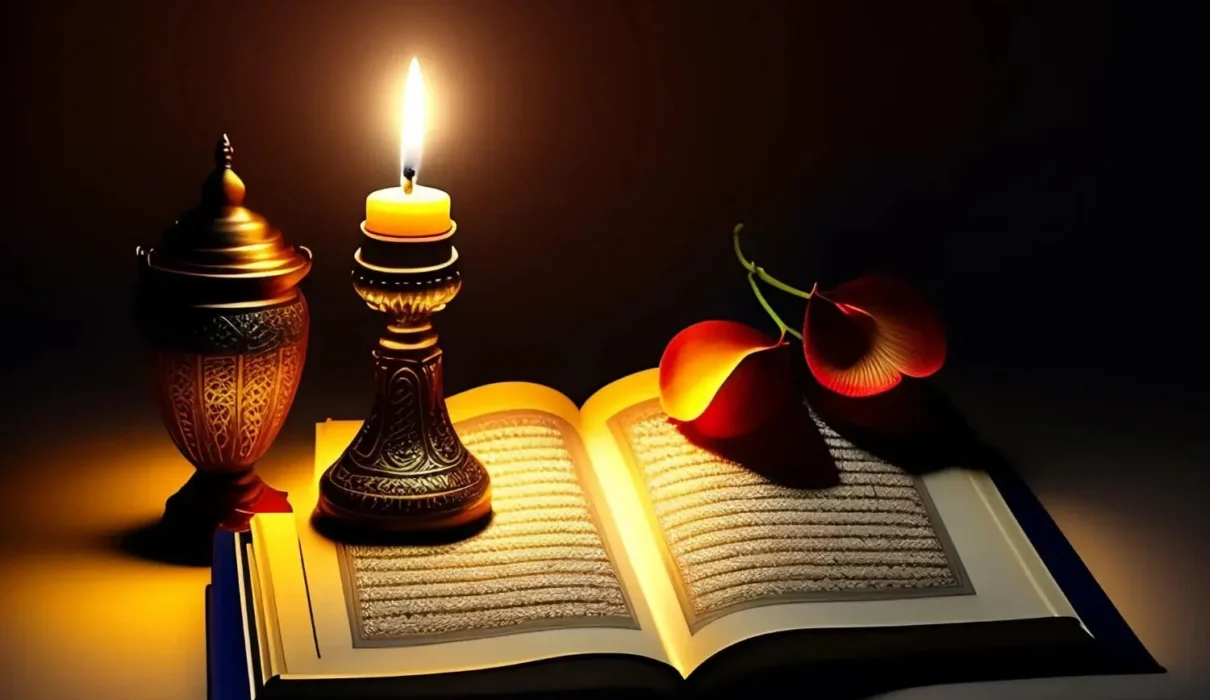Difference between spirituality and religion and the origins of Religions are important factors in every person’s personality and lifestyle. Spirituality vs Religion has become a hot topic of debate among leaders, politicians, philosophers, teachers, and lawmakers. From day one, humans are asking the same questions.
- Who am I?
- What is my purpose?
- What is the meaning of life?
- Who creates me?
To find out the answers, a human develops different religions, devotional rules, and books as well as self-study theories. Some people prefer to follow the divine message and guidance, while others dive deep into self-realization. But what is the truth? Being spiritual or religious? What is the difference between these two concepts? Let’s first understand the basic definition of being spiritual vs religious.
Definition: Spiritual vs Religious:
Spiritual:
According to the Oxford Dictionary, spirituality can be defined as “Having a relationship based on a profound level of mental or emotional communion.” Spirituality is the second name for referring to or understanding your deeper self, path, awareness, and gifts to this universe. A spiritual person is usually referred to as a Guru or master.
Religious:
The term Religious is defined as “of, relating to, or concerned with religion.” according to the Oxford Dictionary. Religion is the name of rules and regulations appointed by God or his messenger on earth like Jesus, Moses, Krishna, or Muhammad(S.A.W), etc. Religion set definite rules to follow from the early days of the revolution. We may access these teachings from the Father, imam, and holy books such as the Bible and Quran.
Origins of Religions and Spirituality:

Religion and spirituality are rooted in people’s desire to understand the mysteries of life, sense, and the divine. Religious views have changed over time. They can be traced back to ancient civilizations trying to make sense of the mysterious forces that controlled their lives. In prehistoric times, people often thought that higher beings caused natural occurrences like thunderstorms and changing seasons.
This was the start of early religious thought. Organized religions grew with the civilizations, adding complicated stories, rituals, and morals to the fabric of human society. Often, these religions set the rules for society and gave people a feeling of order and purpose.
At the same time, spirituality is a more personal and unique way of connecting with God. It goes beyond organized religions and focuses on the inner journey of getting to know oneself and connecting with a higher power or universal energy. Beliefs and actions that are spiritually based are very different.
They include everything from meditation mindfulness to accepting that everything in the universe is connected. Unlike organized religions, spirituality lets people understand their relationship with God more fluidly and flexibly, which means it can work with a wide range of philosophical views.
Difference between Spirituality and Religion
Although spirituality and Religion are interlinked, it isn’t easy to differentiate between them. We have described the differences based on some basic terms, such as
Beliefs:
Religion: People who follow a religion are usually expected to follow a set of written beliefs and doctrines. Most of the time, these views are written down in religious texts or teachings. Religious people are strictly advised to follow these teachings and book guidance, such as the Quran and the Bible. These books contain the stories of different nations, their good and bad deeds, and an ideal lifestyle.
Spiritual: On the other hand, spirituality is more open and personal, so people can have a wide range of views that might not always fit with a certain doctrine. People can add anything related to their values and awareness without being judged by others. We can learn about spirituality through different books and gurus. Although these are not fixed a person can discover a way to proceed with it.
Divine Rules and Rites:

Religion: People who follow a religion must follow certain divine rules, rites, and ceremonies. A lot of the time, these routines are set pieces of religious practices. For example, in some religions, people have to pray five times a day, fasting a whole month, or spend 40 days in isolation. These rules and rites are divine, and no one is allowed to make changes to them.
Spirituality: Spirituality, on the other hand, focuses on personal experience and relationships. People often make rituals or practices that fit with their spiritual journey. There are no hard and fast rules to follow and strictness to do certain things. A Spiritual person can learn anything and practice any rule until it raises their awareness and mindfulness.
Community vs. Individual Experience:
Religion: Religion is usually communal, with people gathering in churches, mosques, or temples to pray and do rituals as a group. Moreover, religion empowers the people to worship God collectively in brotherhood. Consequently, this togetherness plants the seed of empathy, support, and care for each other.
Spiritual: On the other hand, spirituality focuses more on the individual, putting more weight on personal events, exploring one’s inner self, and building a direct connection with God. Additionally, a spiritual person might need a guru or a mentor and can perform all the rituals alone and in solitude.
Authority and Hierarchy:
Religion: Most religions have established hierarchies and authority figures, like priests, clerics, or religious leaders, who explain and enforce religious rules. This hierarchy depends upon the knowledge of the religious laws, facts, history, and holy book explanation. Furthermore, the authority has a right to make a statement or implement a new rule in society.
Spirituality: Since spirituality is less centralized, there needs to be a formal hierarchy or central authority. This means that people can discover their spirituality without the help of others. There are no rules, old techniques, or limitations to consult or wait for authority; it is all inside, and anyone can discover it with their full awareness.
Flexibility and adaptability:

Religion: Structures and beliefs in religions are often very clear and hard to change. Rules and rituals are divine, and it is an act of blasphemy if any person tries to change them. Religion is thought of as a universal guidance that is applicable in every era or time. However, some religions are easy to adapt to and adapt to modern-day life.
Spirituality: Spirituality, on the other hand, is more adaptable and flexible. It lets people include different ideas and practices in their spiritual journey without being limited by rigid institutional frameworks.
Purpose and Moral Code:
Religion: Religions often give their followers a broad moral code and a sense of why they are here. This moral code comes from religious lessons and is used to help people act honestly. Some religions teach us the purpose behind it and our ultimate goal and pathway.
Spirituality: Spirituality can help you figure out your morals and purpose. However, it can also be interpreted in many different ways and may not be linked to specific rules or laws.
While these differences are important, they also show how Religion and spirituality can show up differently. It gives people different ways to connect with God and figure out their lives.
Conclusion
In short, Religion and spirituality are both important parts of how people live their lives; each adds its unique thread to the fabric of who they are. There is a lot of disagreement about whether faith or Religion is more important. This disagreement shows how deeply people are curious. Religion came about when people in ancient times tried to figure out the mysteries of life. It provided order, rituals, and moral rules.
On the other hand, spirituality goes beyond organized structures and focuses on personal adventures, self-discovery, and connecting with God. Even though they are different, spirituality and Religion often come together. People navigate a complicated road that combines family traditions with personal connections. Accepting this diversity leads to a more open conversation that takes into account the many ways people look for meaning, connection, and transcendence on their spiritual journeys.
Visit our website FuseBay, for more informative and worthy articles.








